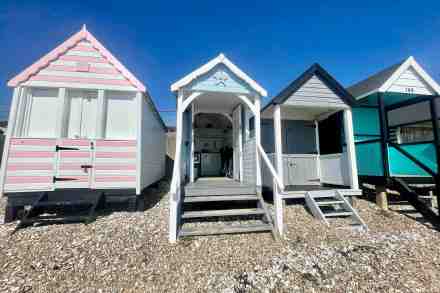Who first classified ‘working people’?
Working people Government ministers may have had trouble defining what was meant by ‘working people’ in the Labour manifesto, but where did the idea of classifying people who earn their living as a distinct group come from? – According to the OED,the term ‘working class’ has been traced back to the 1757 edition of the Universal Dictionary of Trade and Commerce written by Malachy Postlethwayt, a former adviser to Horace Walpole. Postlethwayt was born the son of a wine merchant in Limehouse, east London, in 1707. He certainly fitted Starmer’s definition of a working person in that he appears to have died, in 1767, owning no assets. But he would




















